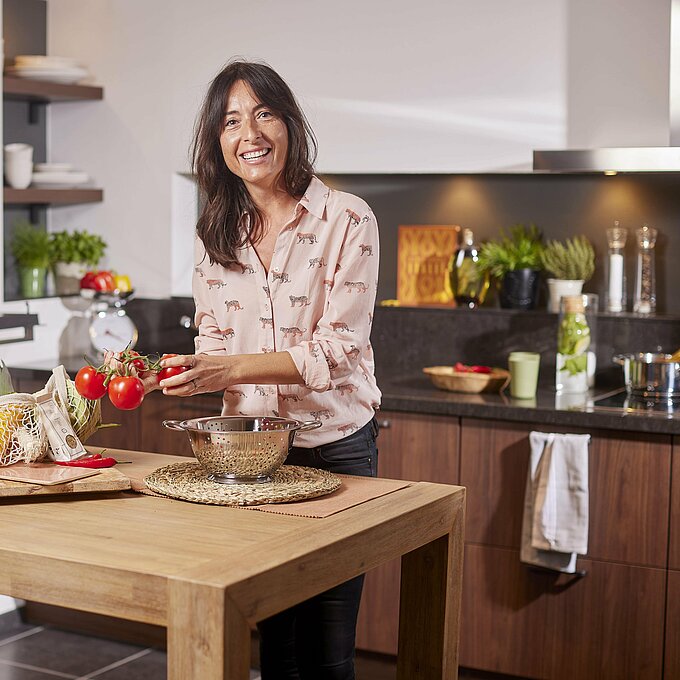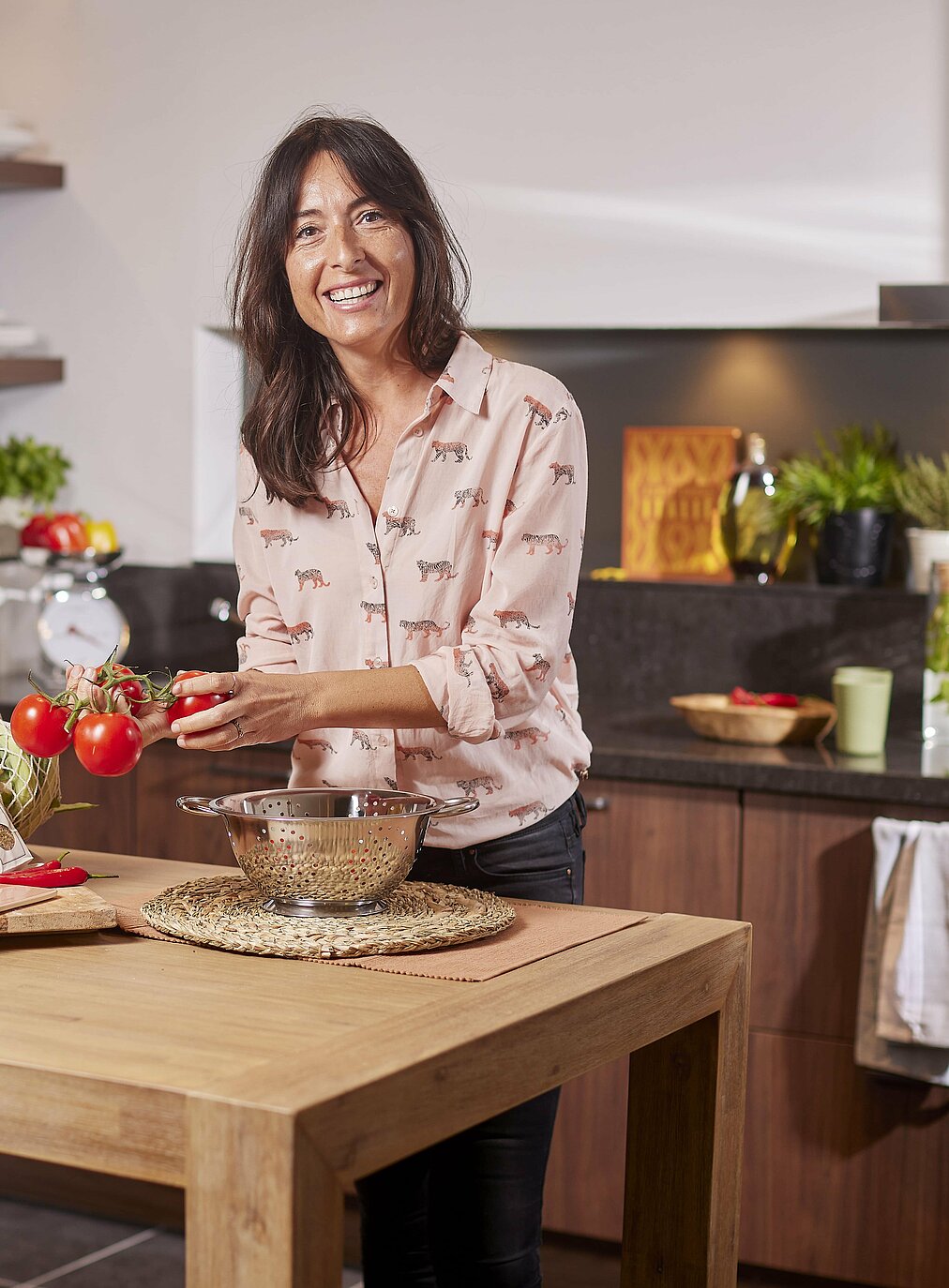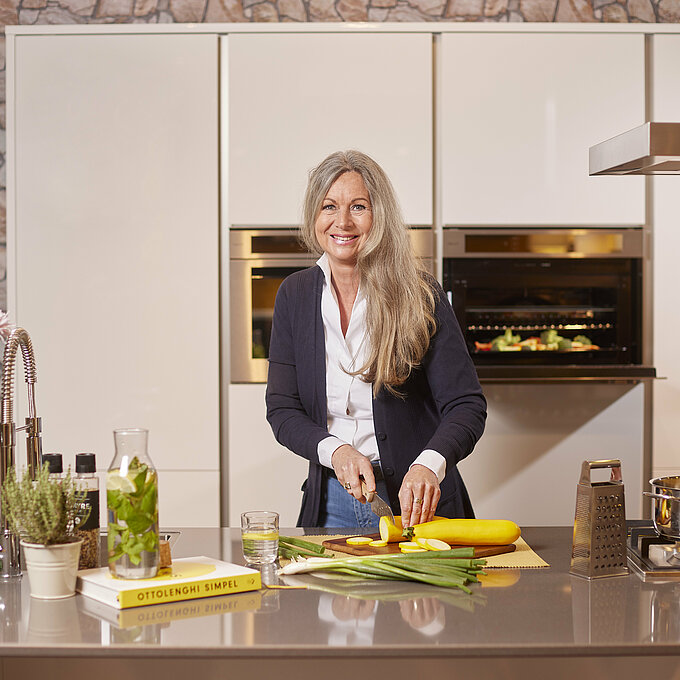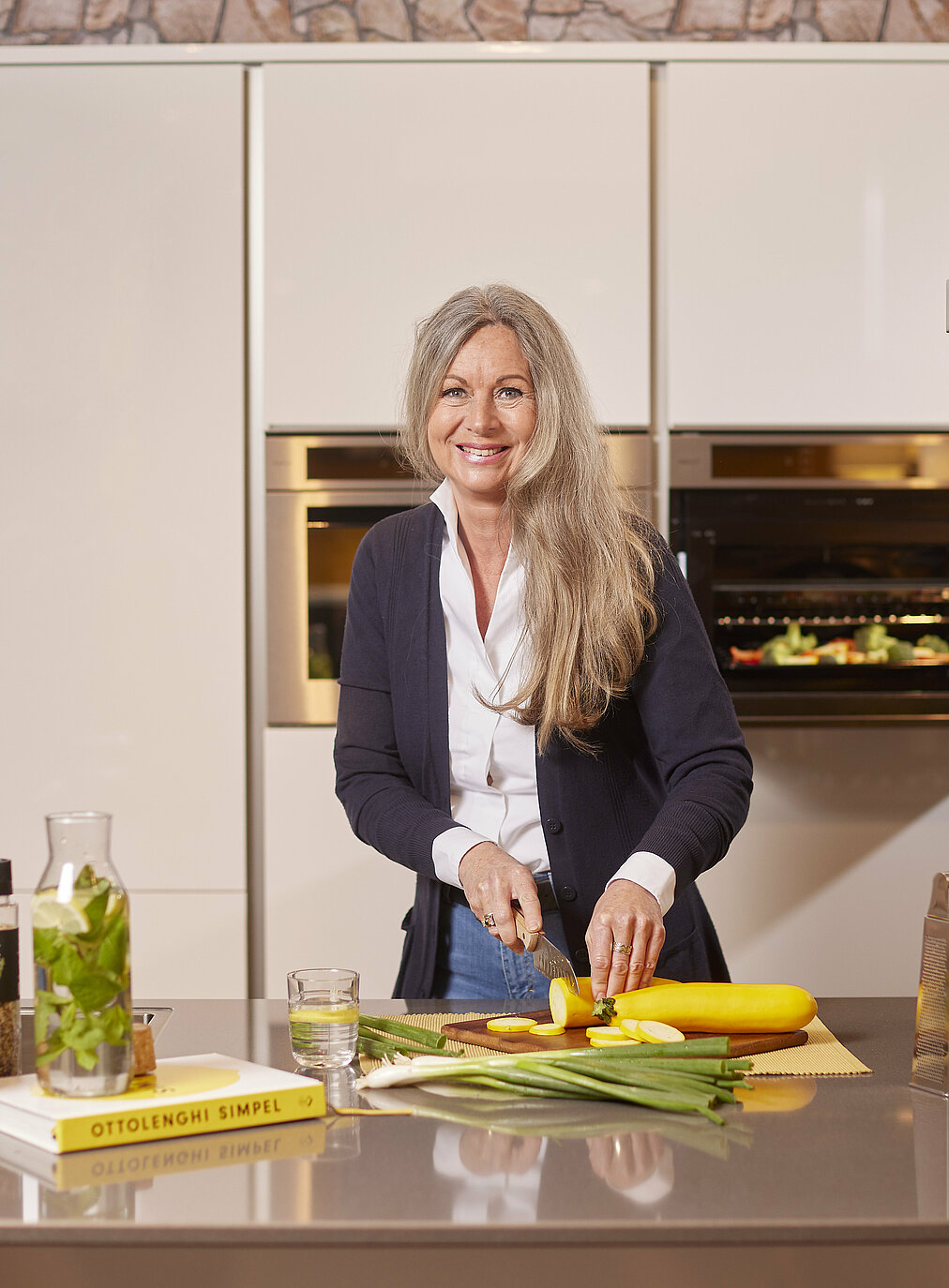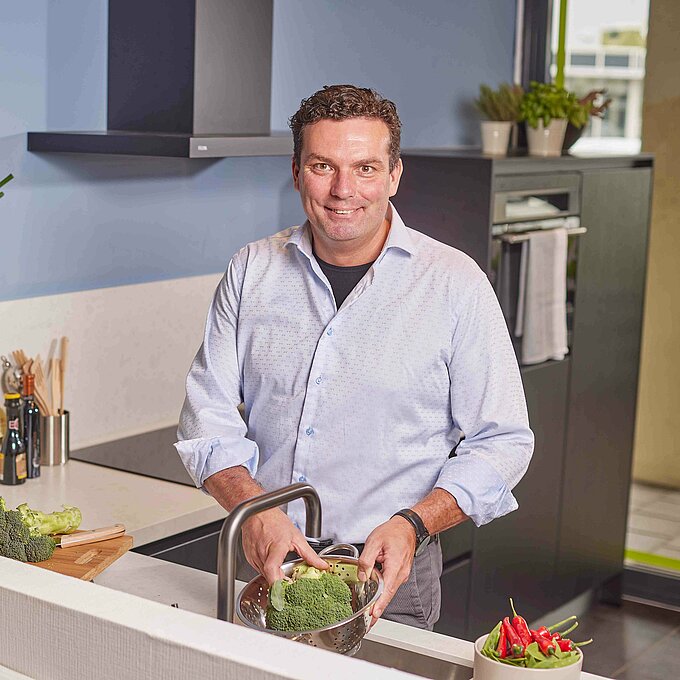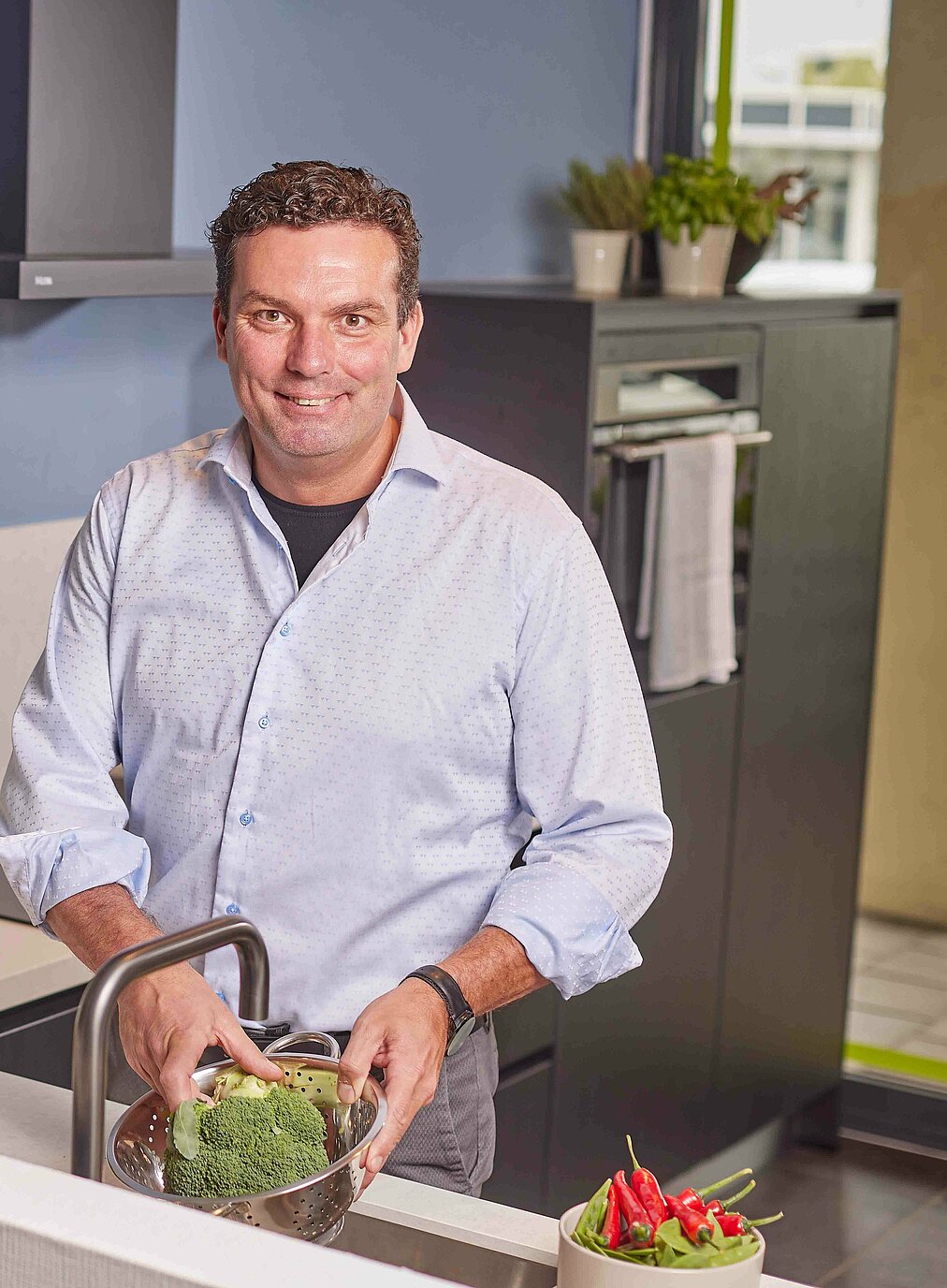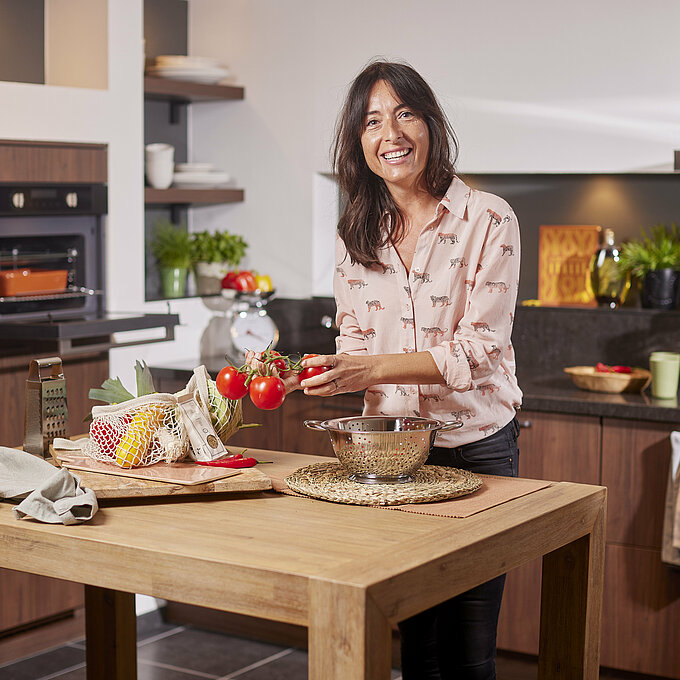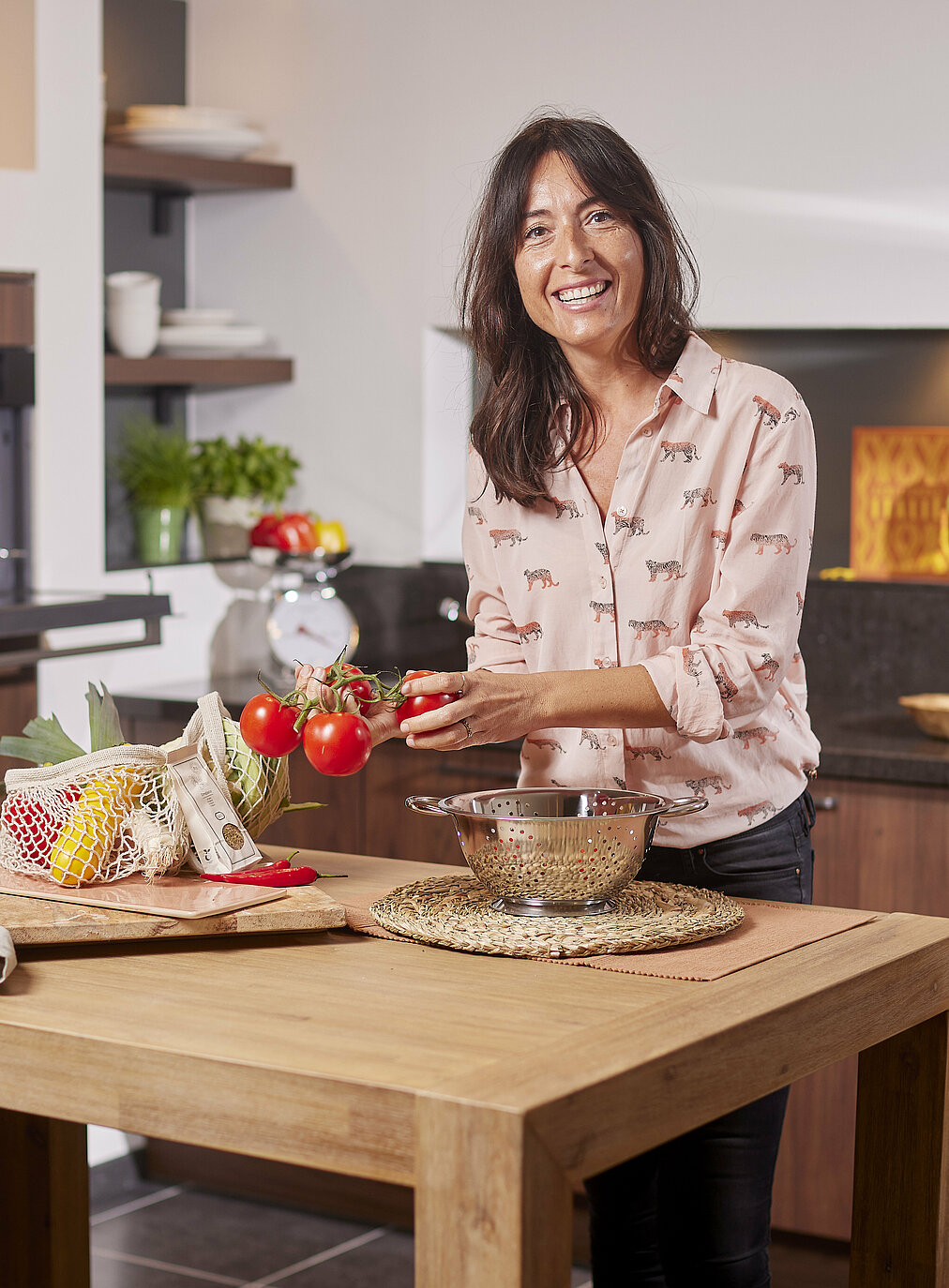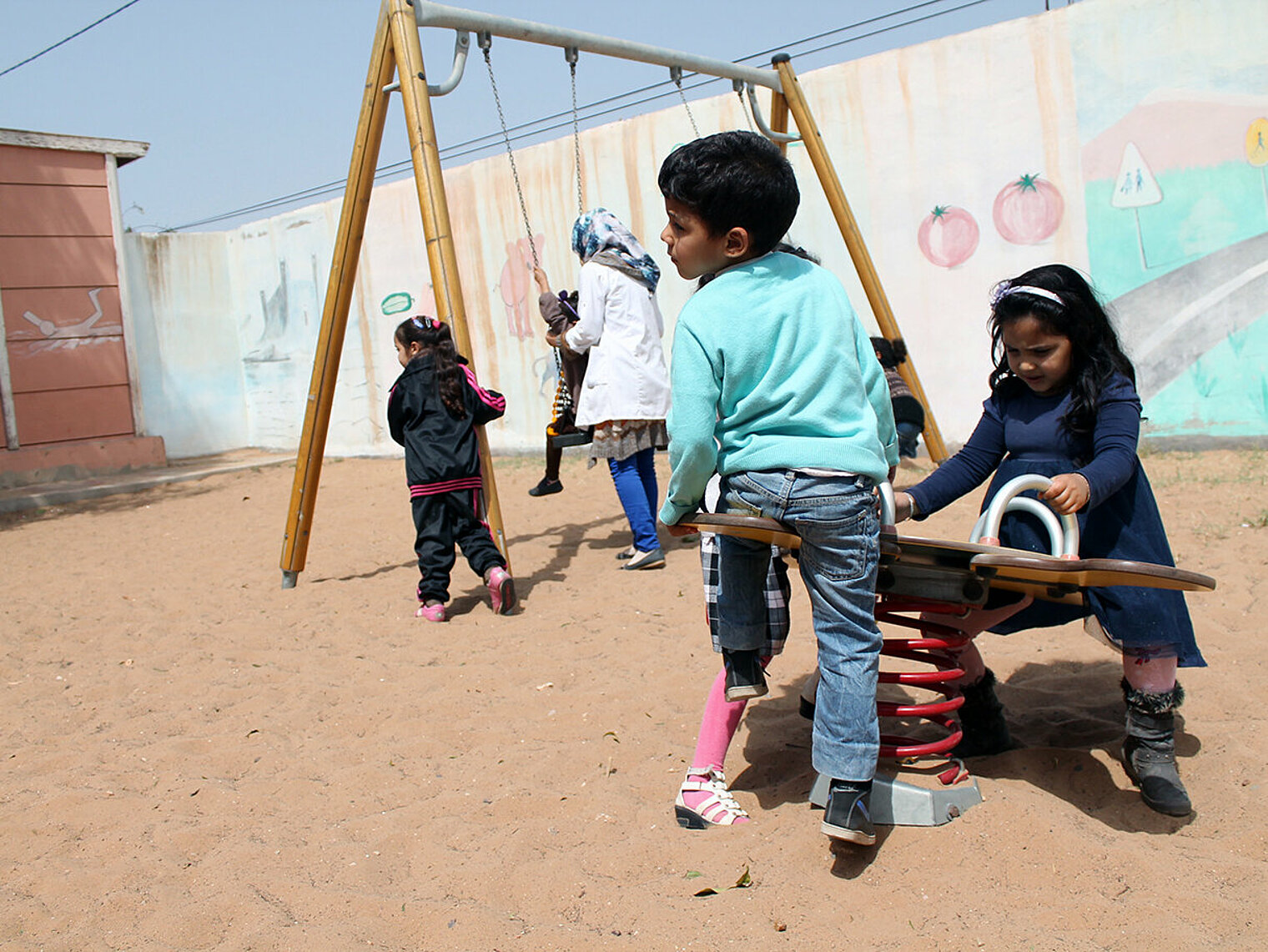
Sustainability is in our very DNA
Our mission is to provide our vegetables all year-round to millions of people in the Netherlands and abroad. We manage our entire sustainable vegetable chain; from the seeds that are sowed in the soil to the ready-to-serve vegetables that end up on consumers’ plates. We take this responsibility seriously, and we push ourselves to do more every day for both people and the environment.

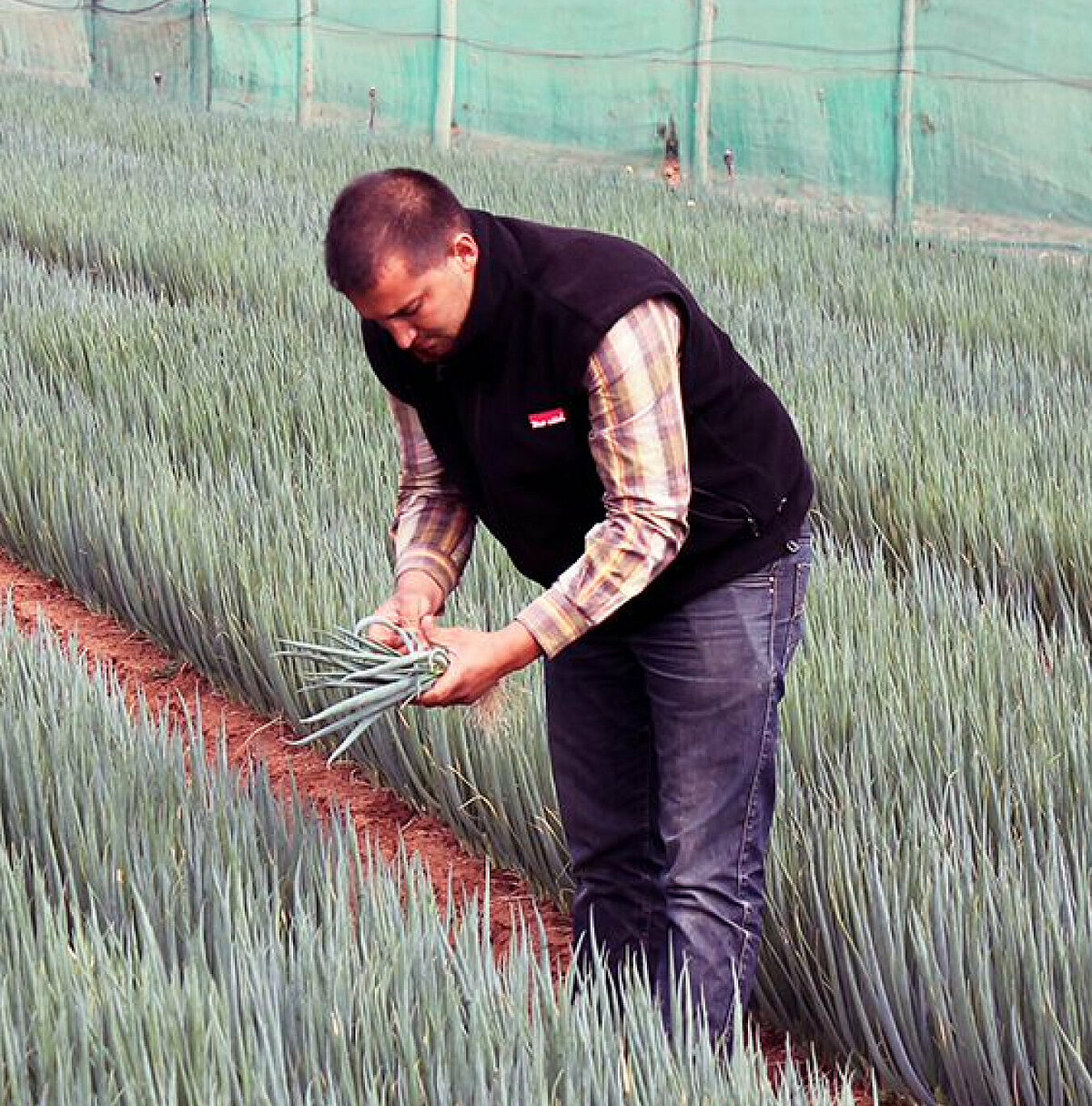
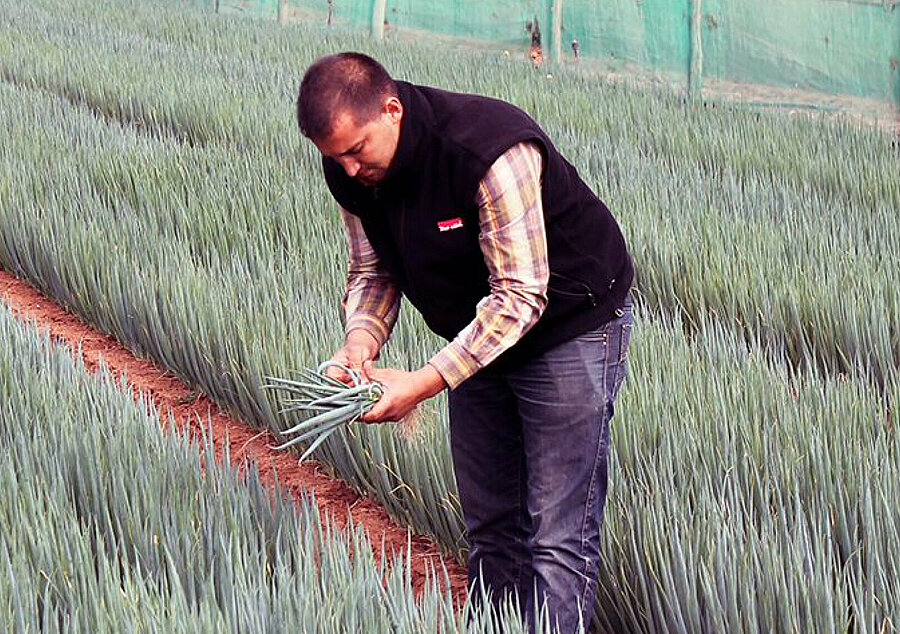
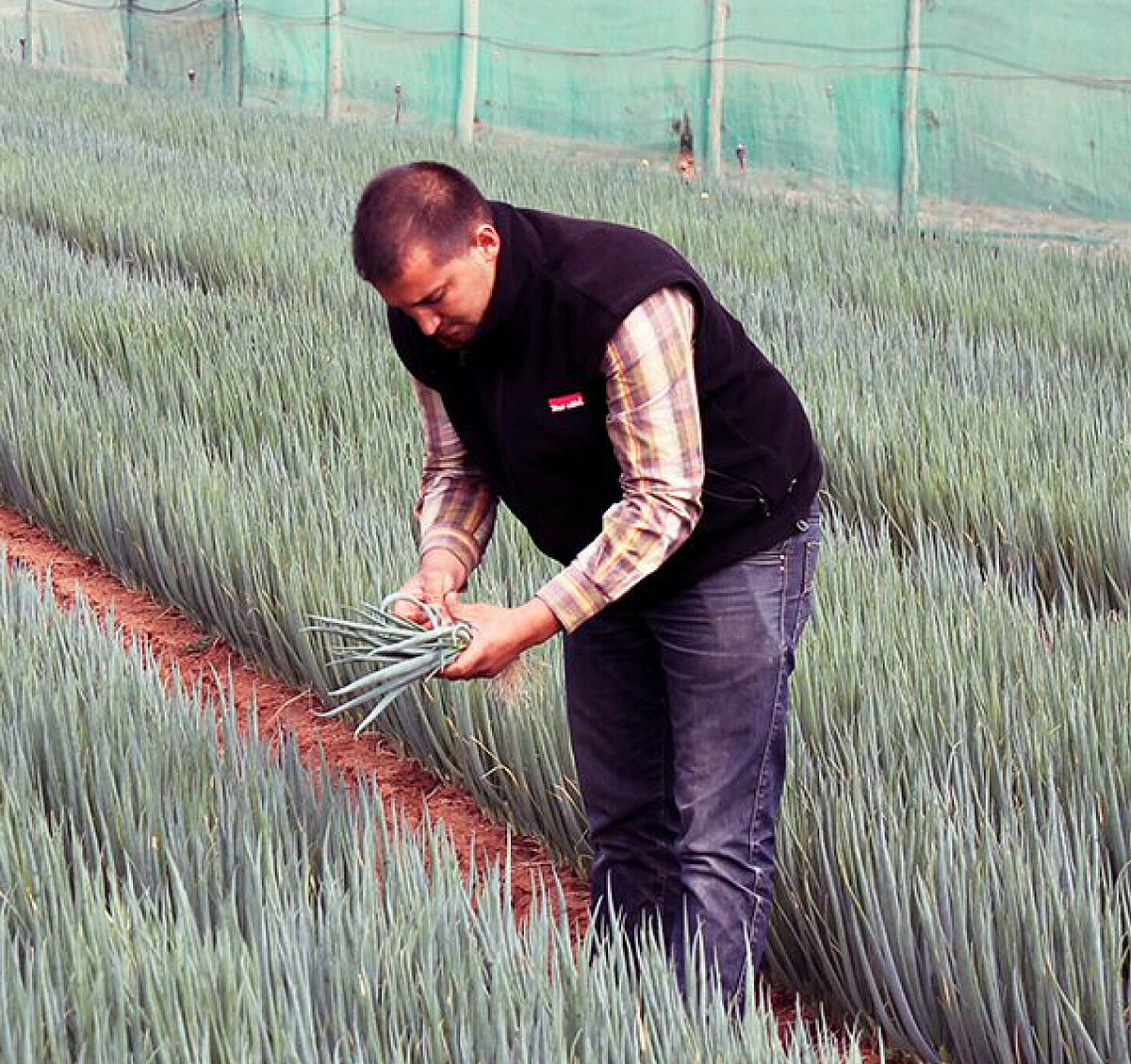
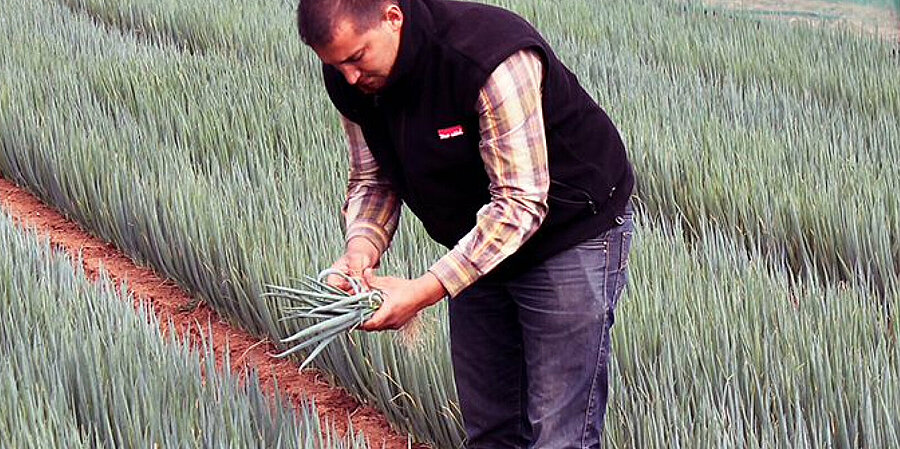
Sustainability begins at the source
We are The seed to plate company. That is why we are able to consider all supply chain actors when it comes to sustainability from the farmer’s soil to the wellbeing of our people. To contemplate all our impact areas, we have developed a comprehensive sustainability approach that is centered around two strategic pillars: Happy & Healthy Earth and Happy & Healthy People.
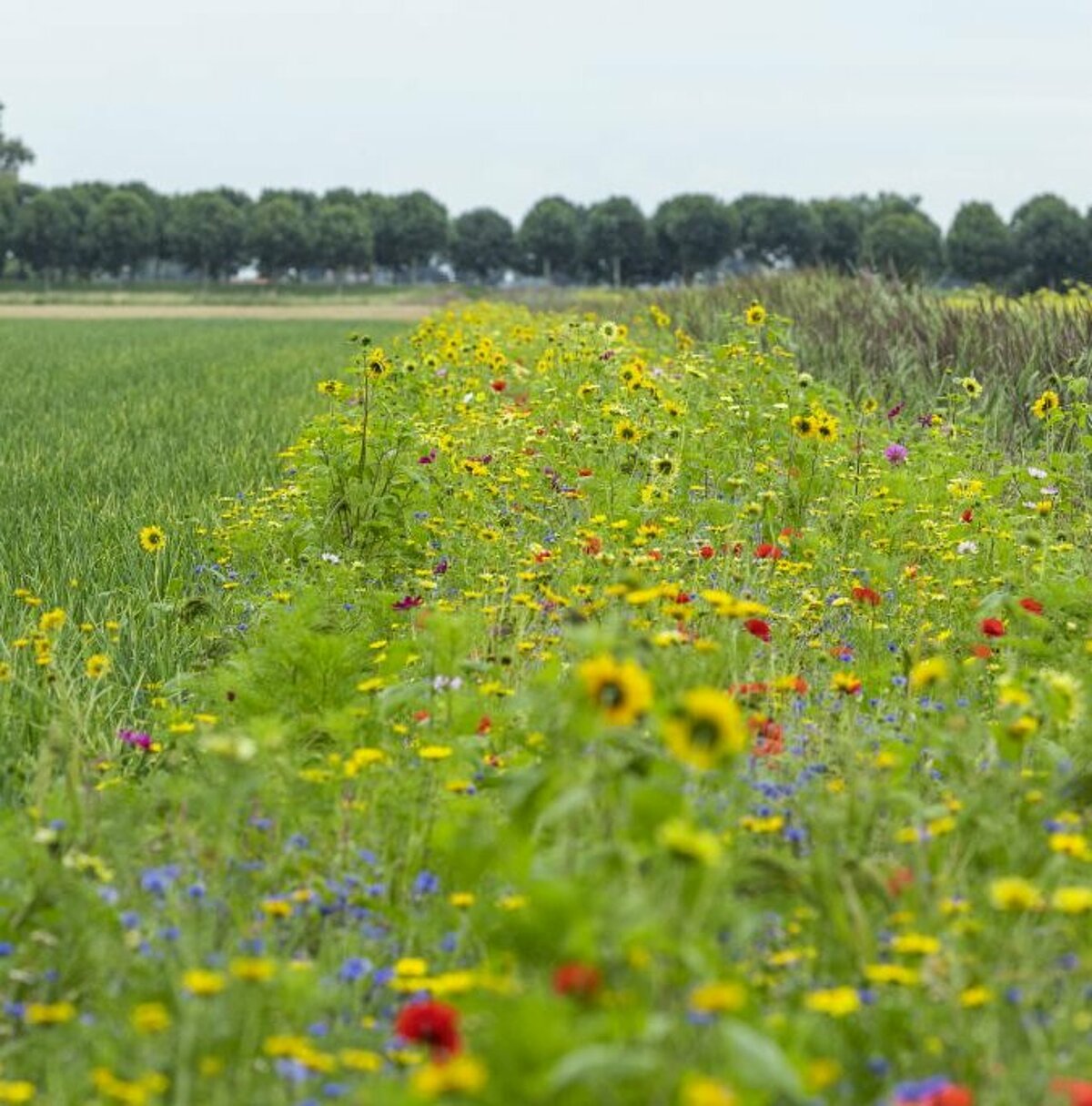
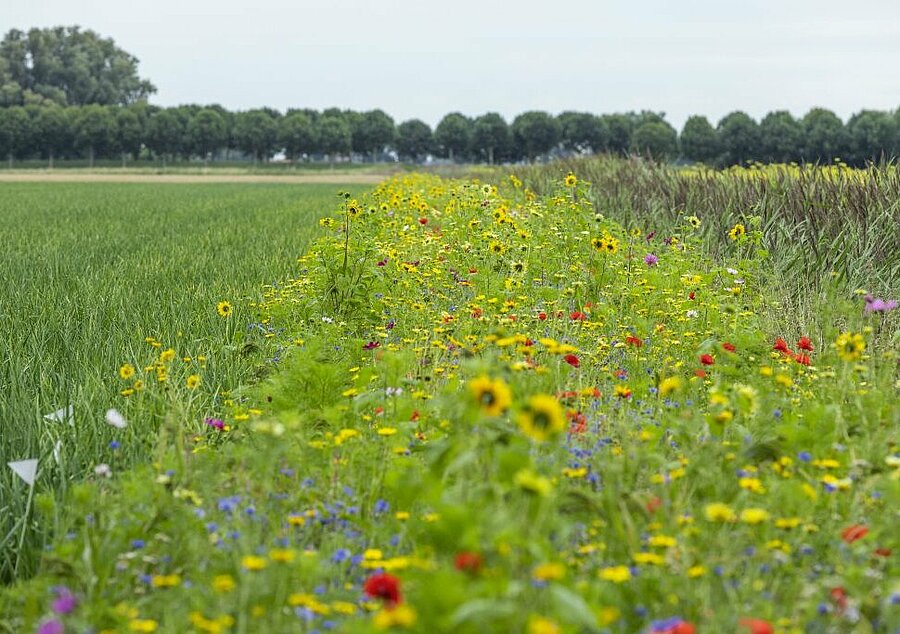
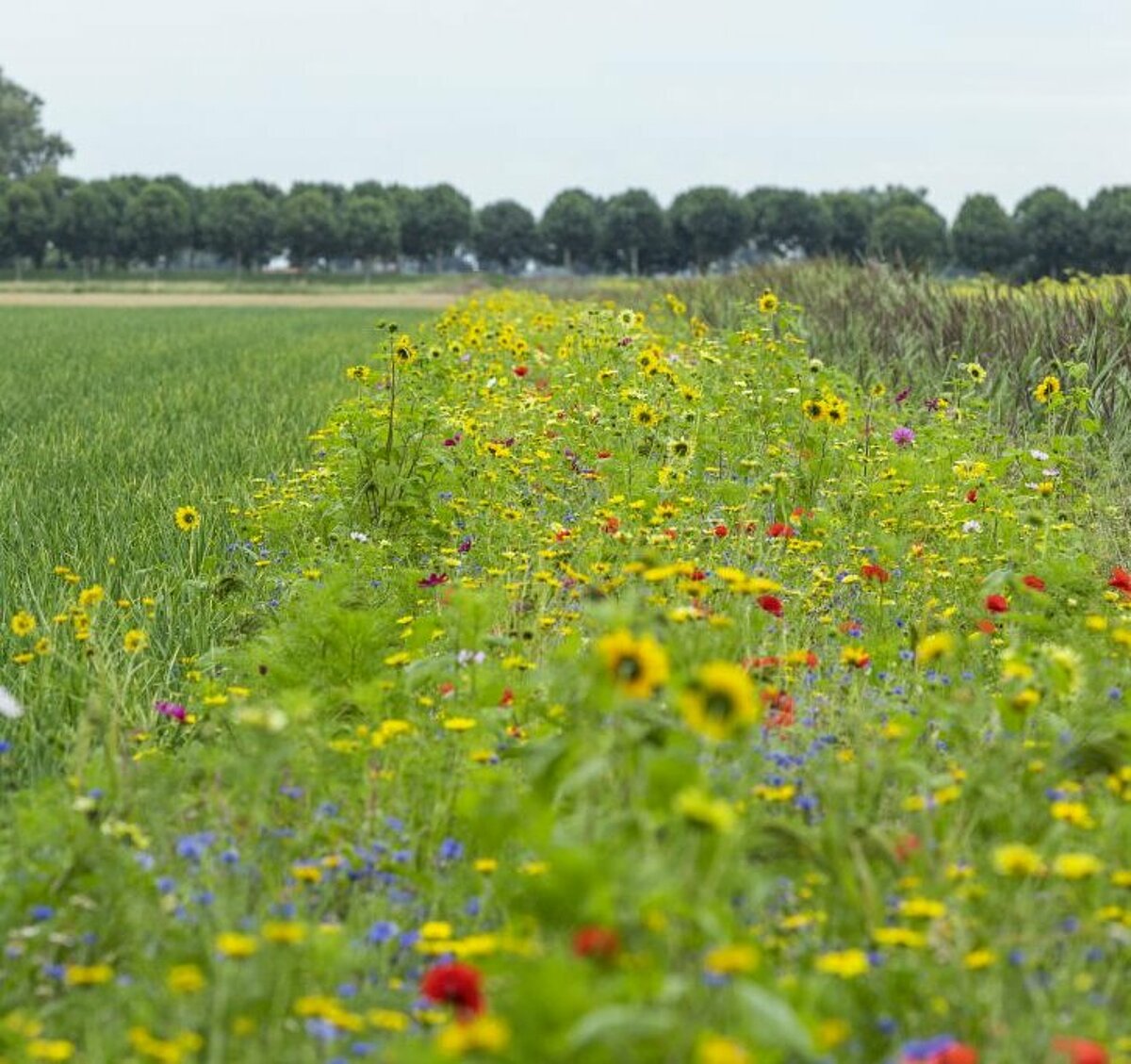
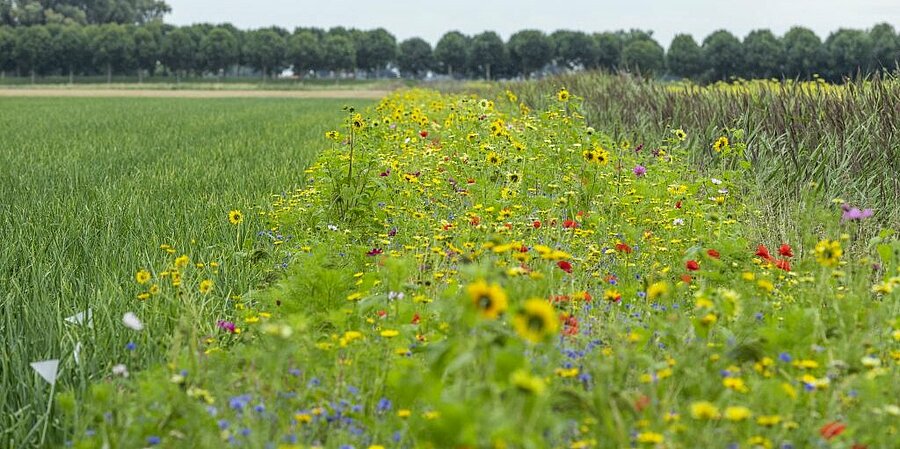
Happy & Healthy Earth
During our mission to strive for a prosperous earth, we have identified two impact areas in our operations: reducing our carbon footprint and enhancing biodiversity. We do this by using solar panels, minimising soil disturbance, reducing the use of pesticides and by improving water stewardship.
Reducing our carbon footprint
Climate action
We measure our carbon footprint to understand where our emissions are coming from so we can take targeted action. We have deployed actions on five key pillars to significantly reduce our CO2 emissions: raw materials, transport, energy, waste and packaging.
Our targets
Working with Agrial, our Climate Plan 2035 sets a clear goal to reduce CO2 emissions that are part of our direct responsibility (transport, energy, waste and packaging) by 50%. We will reduce the total carbon footprint of the entire chain by 35%. Also see Taking actions on climate - Agrial
These sustainability goals have been validated by the Science Based Target Initiative (SBTi). Science-based targets are greenhouse gas emission reduction targets that are in line with the latest climate science necessary to meet the goals of the Paris Agreement.
Enhance biodiversity
Sustainability begins at the source
To improve soil health, we have launched various projects. We are gradually rolling out reduced and no-tillage options across our sustainable farming entities. We are also employing crop rotation methods and are implementing a water reduction programme at cultivation sites.
Boost organic farming
Every year, we grow more vegetables using organic cultivation methods. With our organic farming, we can replace the use of all chemical substances. By using only natural agents as pesticides and fertilisers, we are considerably reducing our environmental impact on the soil and ground water. We are currently mapping out our pesticide and organic cultivation methods usage so that we can formulate concrete goals for ourselves.
Sustainable water stewardship
In 2022, we began training our procurement team on improving our human and environmental due diligence when selecting new suppliers or sources for our vegetables. We will also start working with our production sites and growers around the globe on implementing accredited water management standards. In 2025, we want to make sure at least 70% of our volume comes from sources audited with a water management standard.
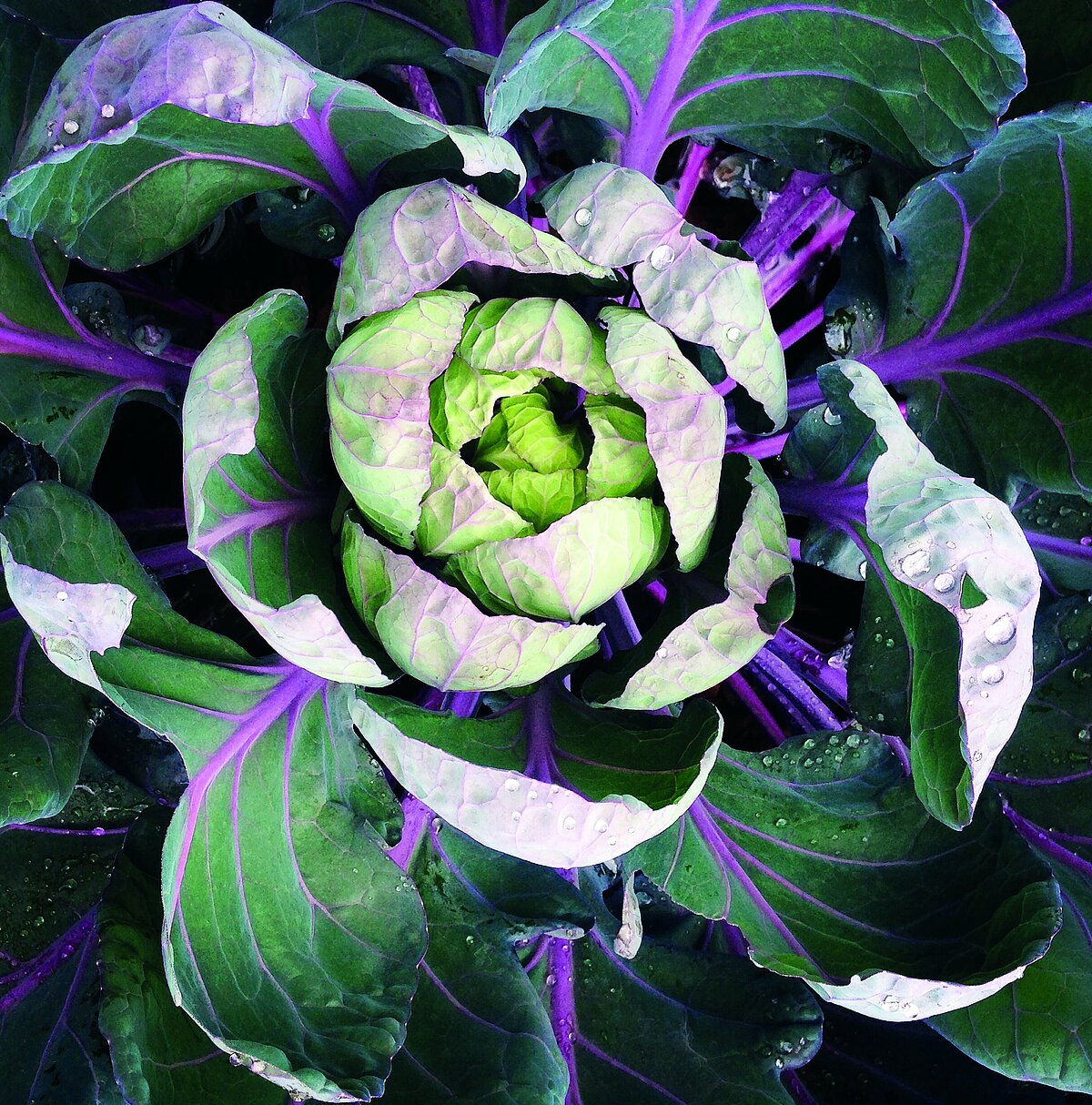
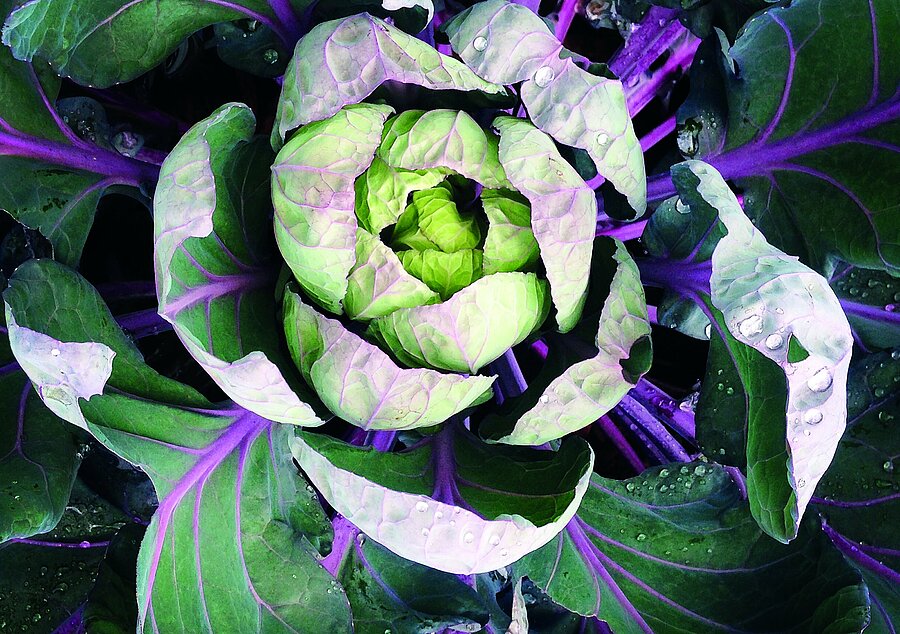
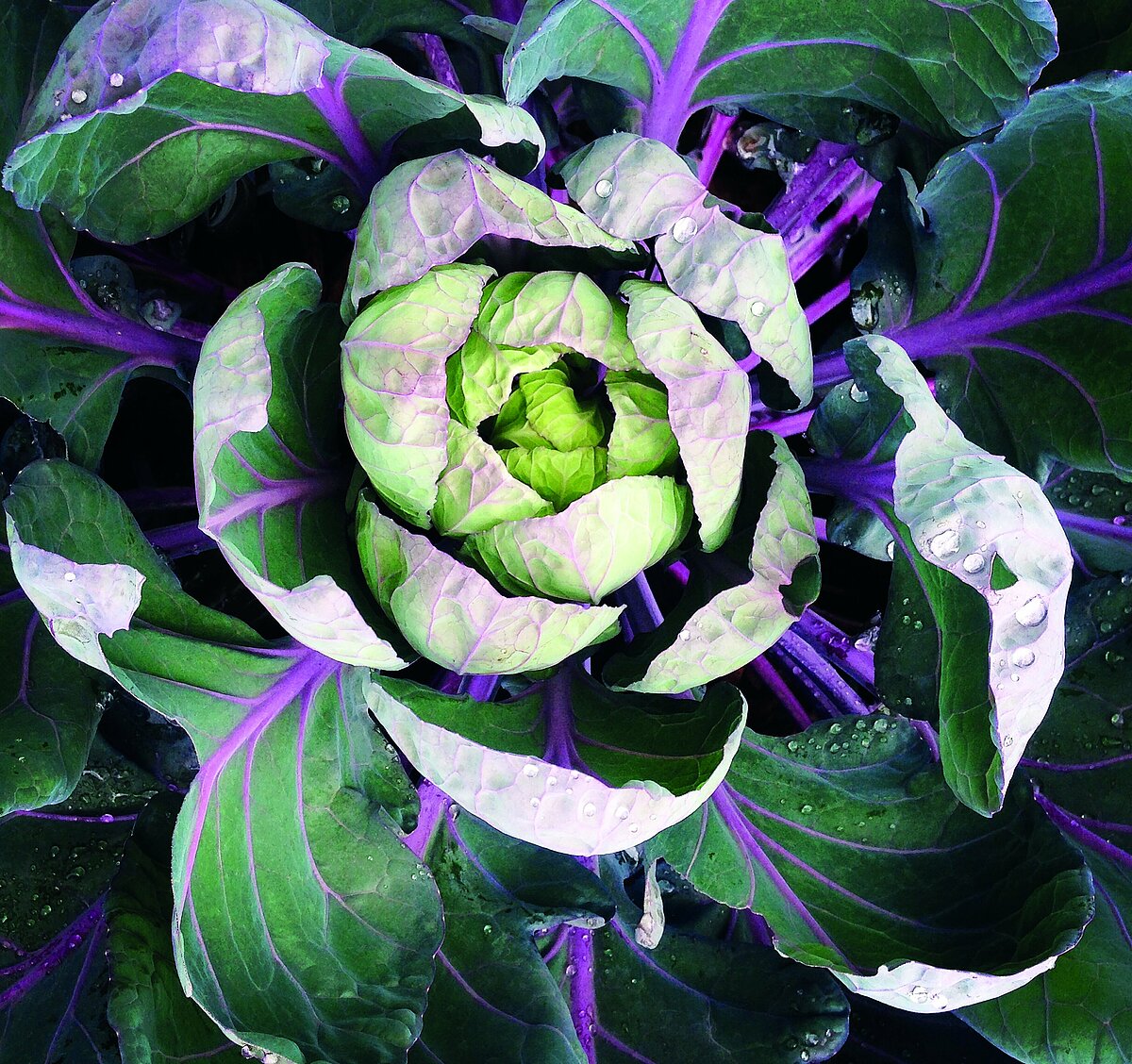
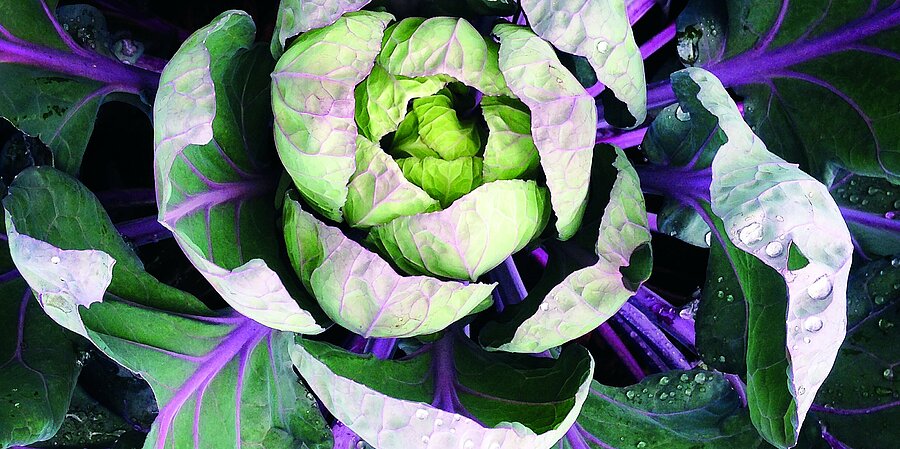
Sustainable vegetable cultivation
One way to stimulate biodiversity is to carefully consider the rotation of crops on the fields: what works well and what doesn't? We take the lessons we learn from our organic cultivation and apply them to our normal cultivation sites. We try to implement climate adaptation in our methods.
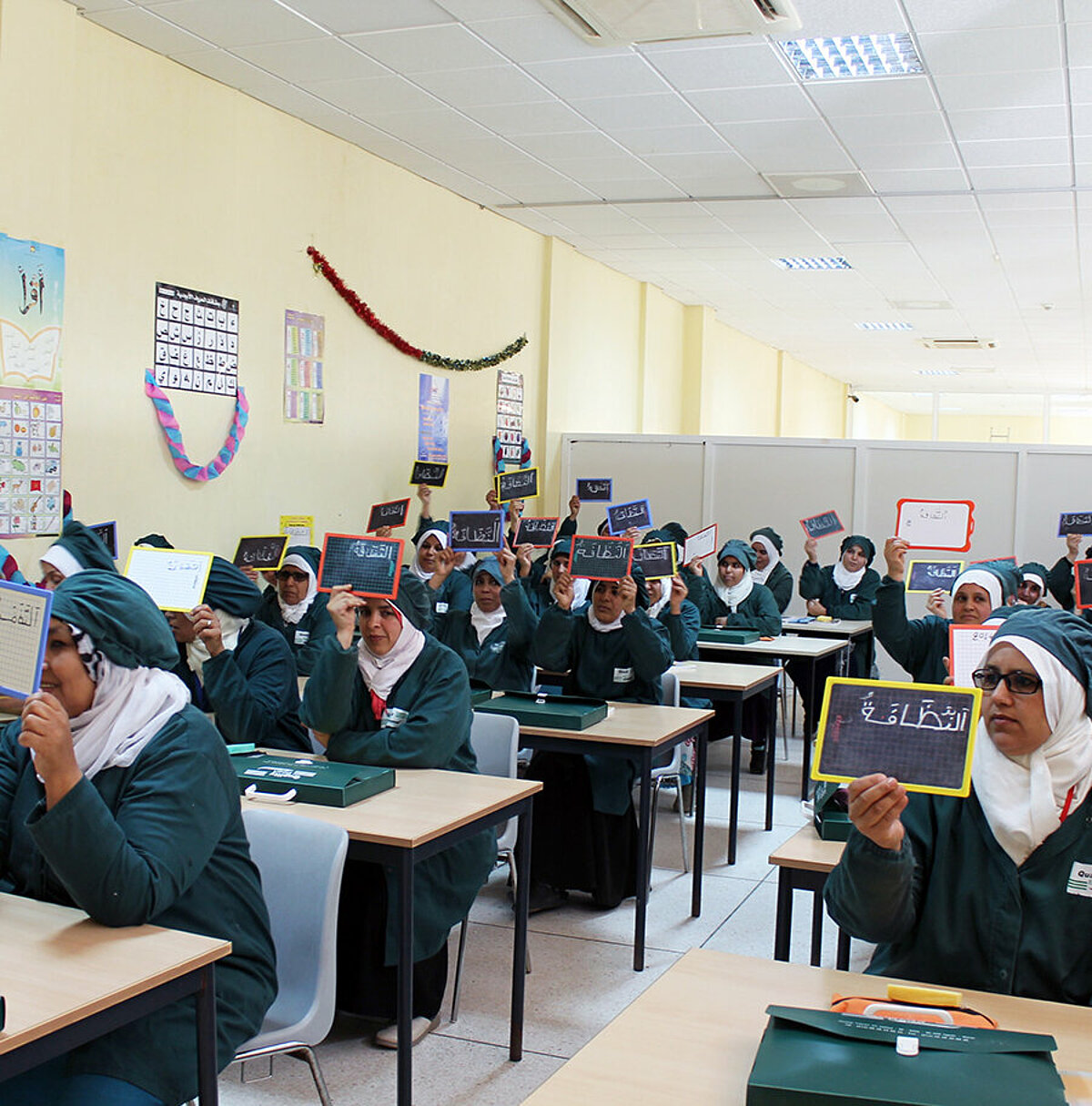
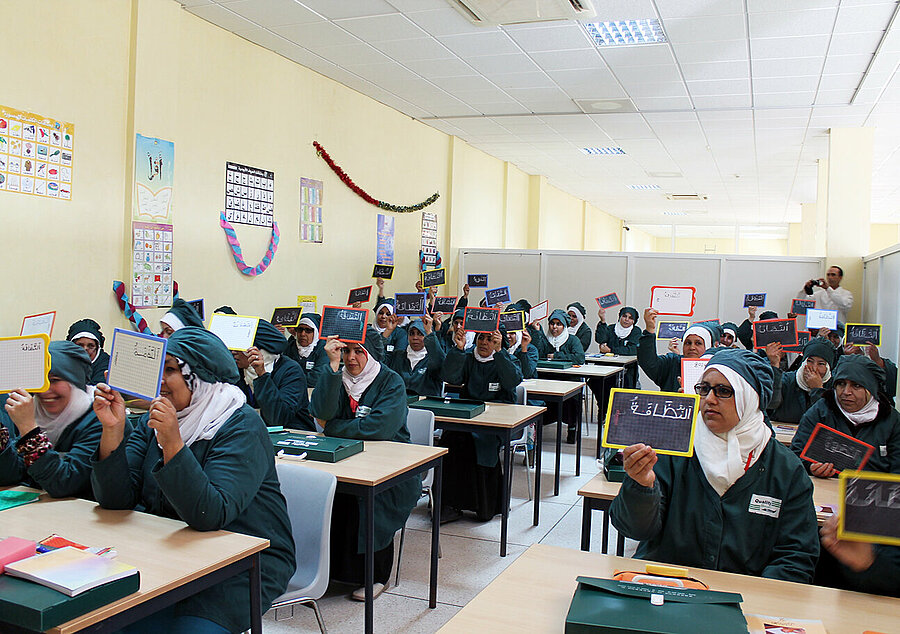
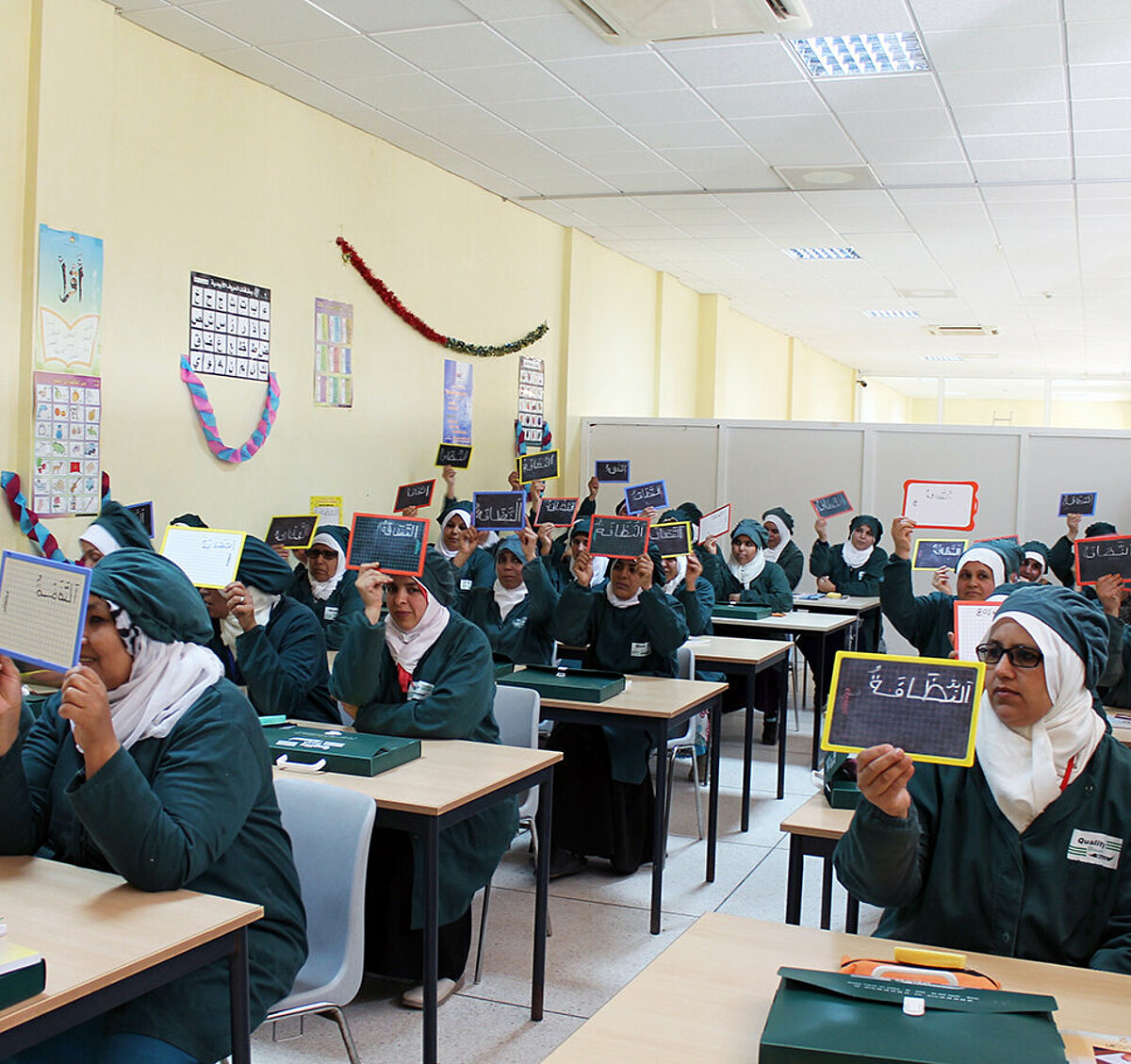
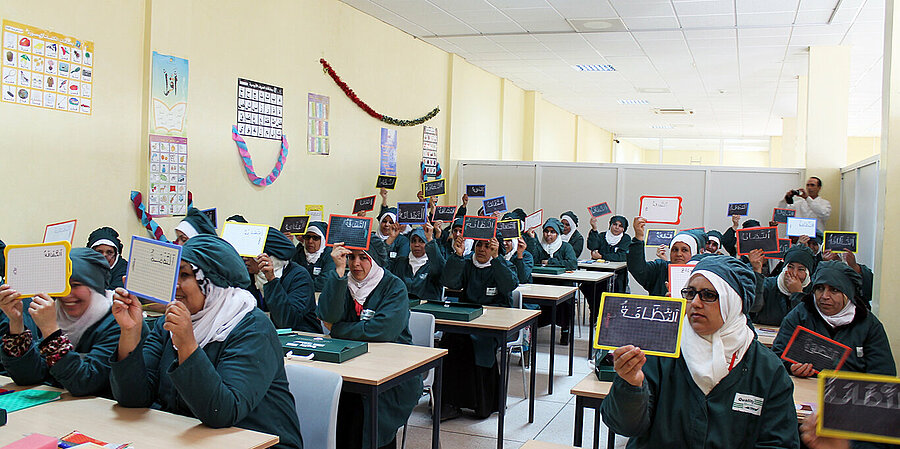
Happy & Healthy People
The wellbeing of our people, our communities and our consumers is essential to us. We have identified two impact areas in our operations: Product quality & integrity and the Wellbeing of our people, communities & consumers. We can make a difference by improving customer satisfaction, implementing our ethical compliance programme, assuring our worker’s wages reach at least the Living Wage benchmarks and by increasing employee engagement.
Product quality and product integrity
Social compliance
We have a strict social compliance programme in place. In 99% of our high-risk origin cases, we have conducted a social compliance audit. All our products are compliant with regulatory standards and certifications. But we go beyond regulatory compliance. Where we see opportunities for improving or mitigating social and environmental risks, we put measures in place to address these issues. Primeale United is also a member of SEDEX - a leading responsible sourcing platform driving ethical business conduct and ethical practices in global supply chains.
High-quality products
High-quality vegetables are essential in our mission to provide our vegetables all year-round to millions of people in the Netherlands and abroad. By harnessing the power of nature and the knowledge of our farmers, we are able to deliver vegetables that we are truly proud of: high-quality, delicious and sustainabley vegetables.
Caring for the wellbeing of our people and communities
Improving livelihoods in our value chain
In order to improve livelihoods in our value chain, we invest in community-based projects. Two examples of our commitment are providing micro-credits for our employees in Senegal and investing in child-care for the communities where we operate in Morocco. In addition, we promote a zero-accident culture throughout all our sites by having a continuous and proactive approach to risk management and accident prevention. For example, we provide a health and safety leadership training for managers, including our executive committee.
Advancing living wages
We want to continue developing living wages in our supply chain and are committed to ensuring that wages of our direct employees meet at least the Living Wage benchmarks for the country reference by 2030. In 2023, we will follow up by assessing our production site in Senegal. If any Living Wage gap is identified, we will put an action plan in place to close this gap by 2030. We will act on this together with the relevant stakeholders.
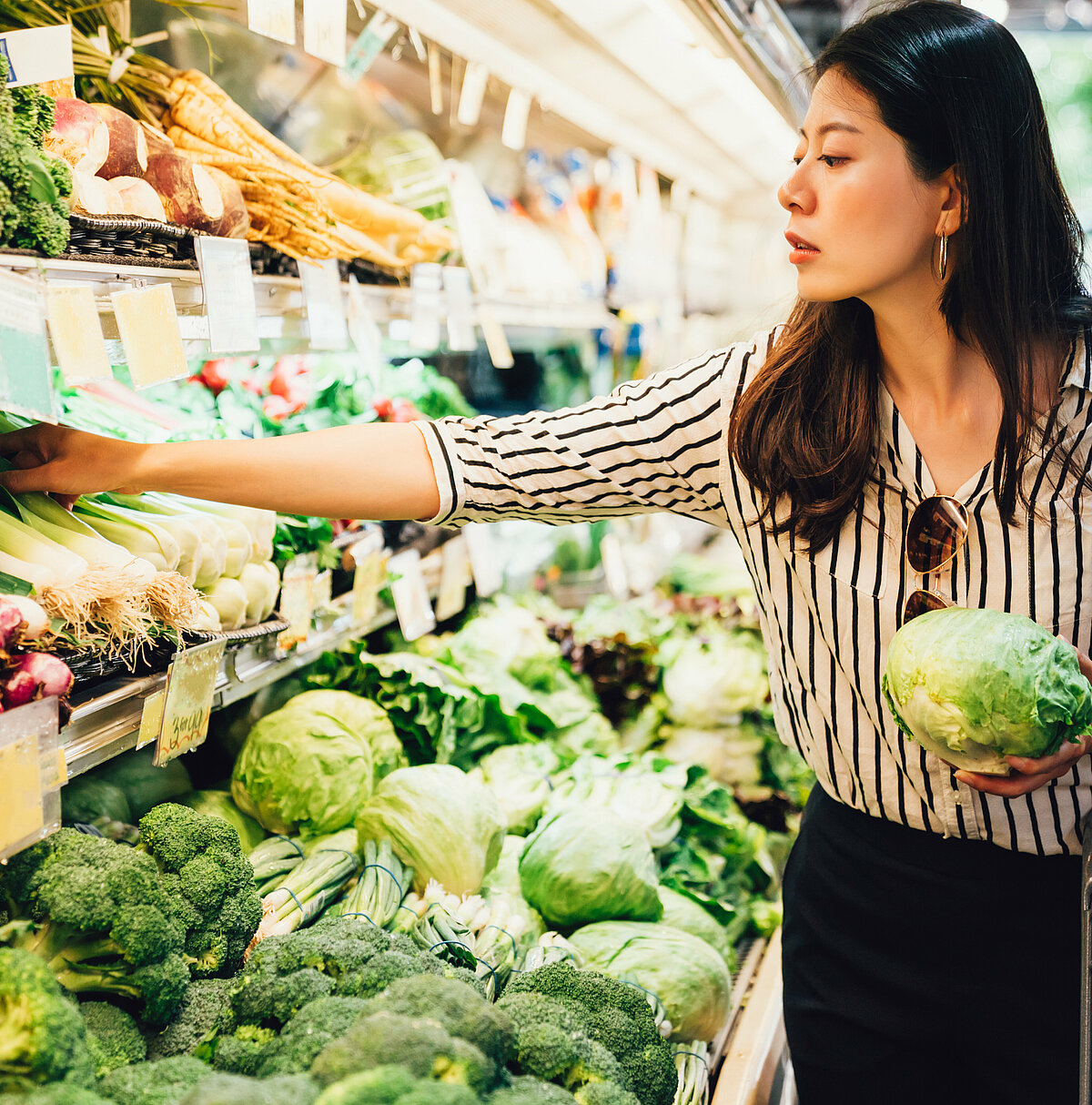
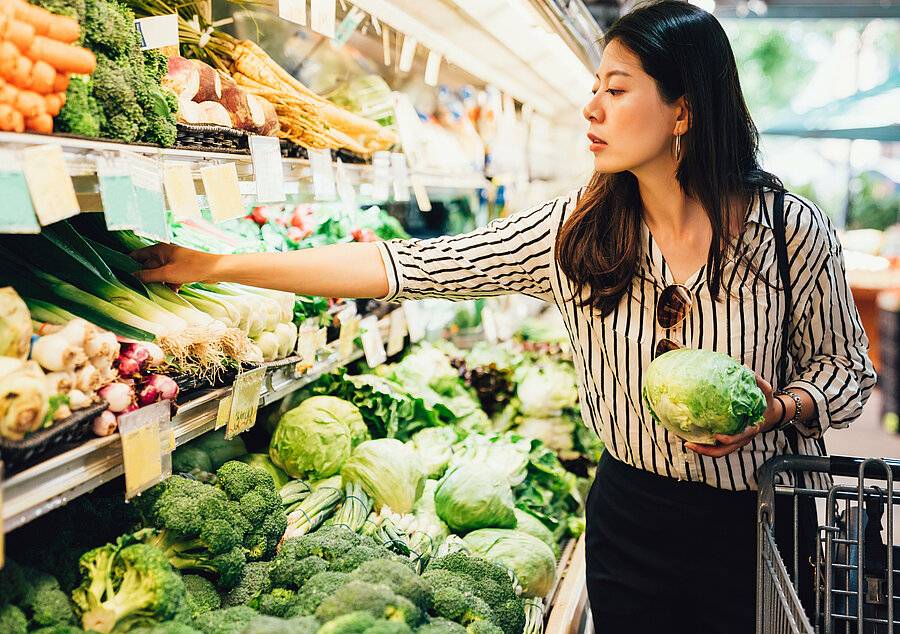
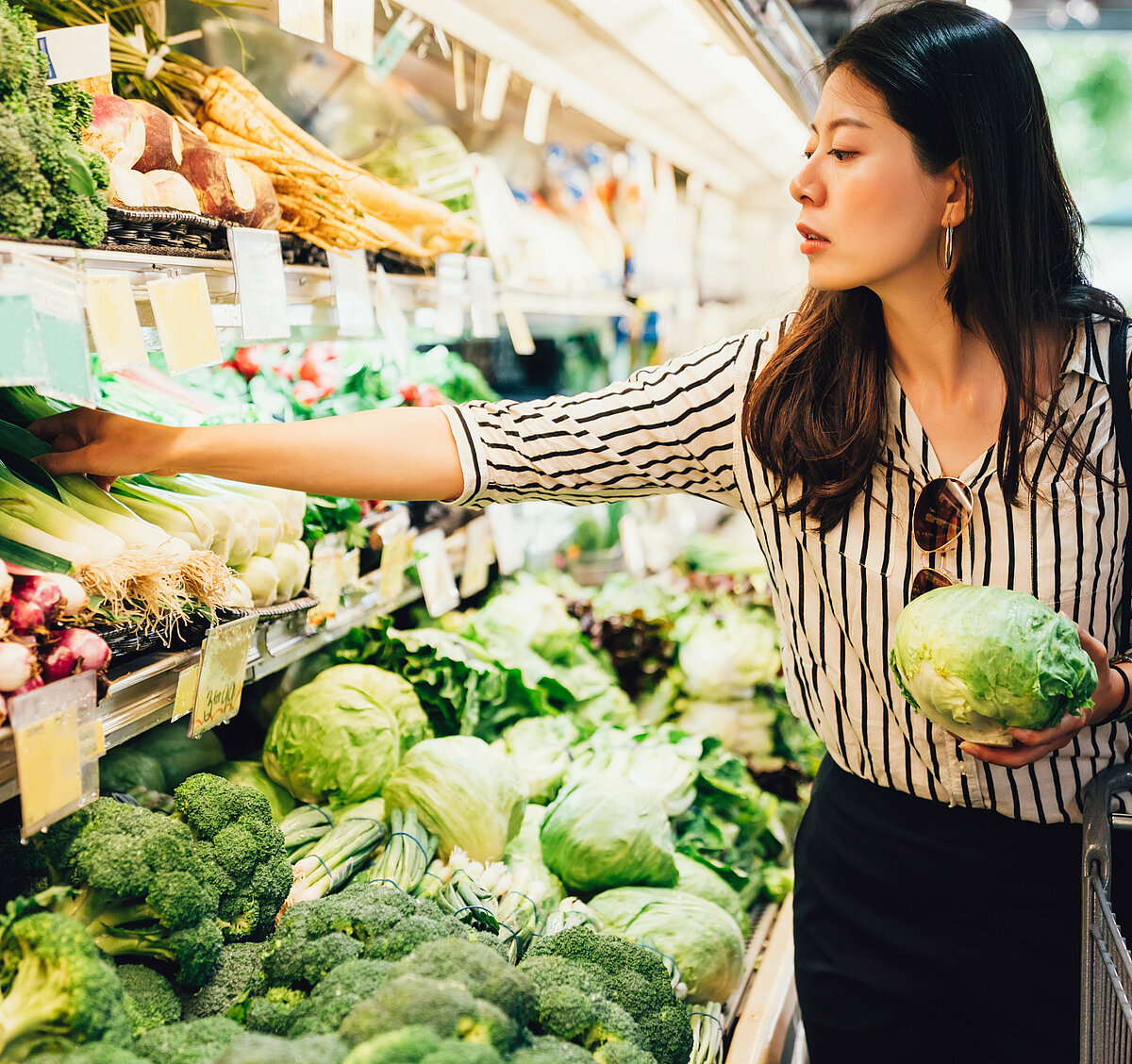
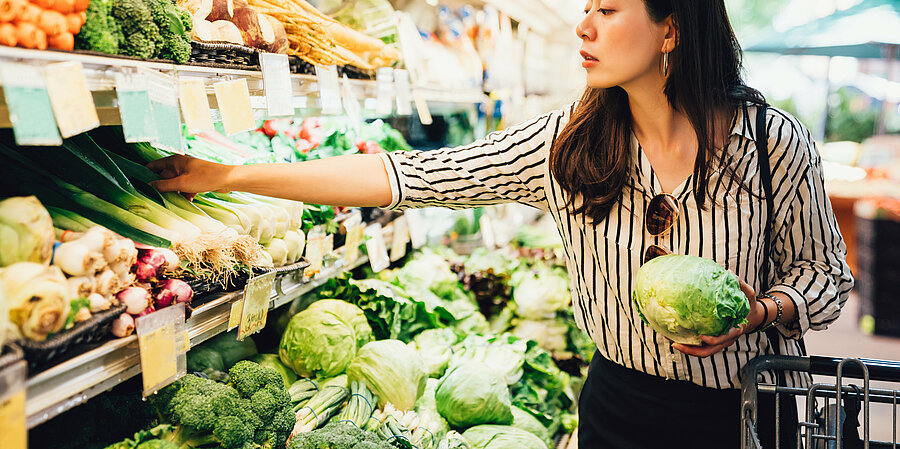
Sustainable vegetables begin with a sustainable chain
We are not alone in this sustainable chain. We are eager to work together with our partners on promising sustainability initiatives. If you would like to know more about our projects or want to collaborate with us, contact Maria Oliveira.




